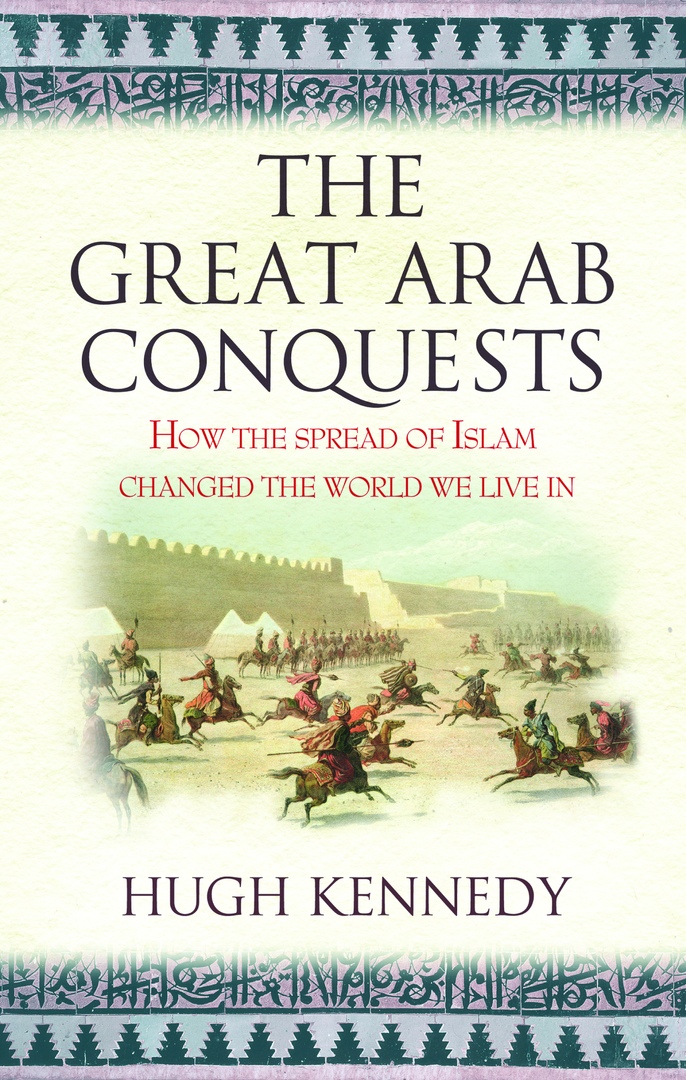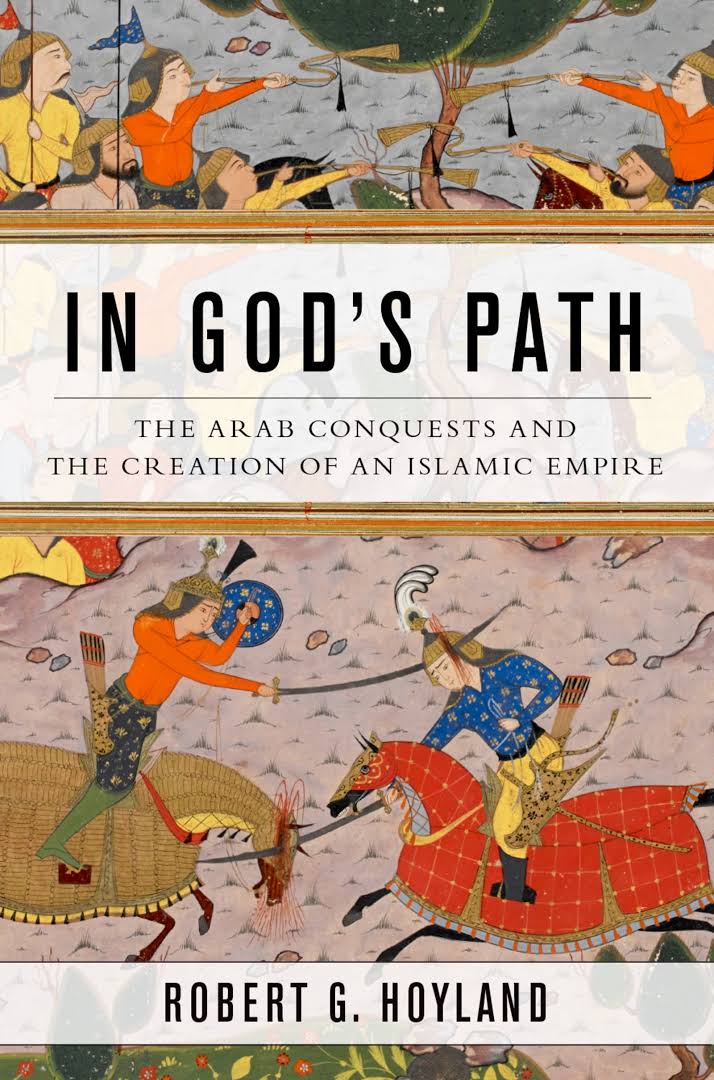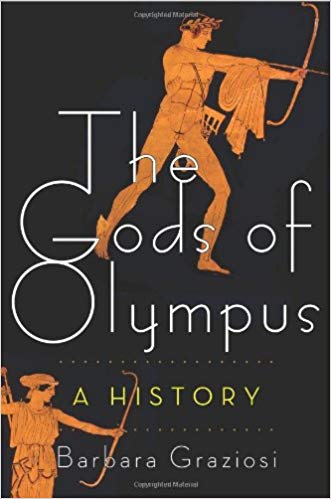The Great Arab Conquests: How the
1) The Great Arab Conquests: How the Spread of Islam Changed the World We Live In – Hugh Kennedy
Da Capo Press | 2008 | EPUB, PDF
Today’s Arab world was created at breathtaking speed. In just over one hundred years following the death of Mohammed in 632, Arabs had subjugated a territory with an east-west expanse greater than the Roman Empire, and they did it in about one-half the time. By the mid-eighth century, Arab armies had conquered the thousand-year-old Persian Empire, reduced the Byzantine Empire to little more than a city-state based around Constantinople, and destroyed the Visigoth kingdom of Spain. The cultural and linguistic effects of this early Islamic expansion reverberate today. This is the first popular English-language account in many years of this astonishing remaking of the political and religious map of the world. Hugh Kennedy’s sweeping narrative reveals how the Arab armies conquered almost everything in their path, and brings to light the unique characteristics of Islamic rule. One of the few academic historians with a genuine talent for story telling, Kennedy offers a compelling mix of larger-than-life characters, fierce battles, and the great clash of civilizations and religions.
2) In God’s Path: The Arab Conquests and the Creation of an Islamic Empire – Robert G. Hoyland
Oxford University Press | 2017 | PDF
In just over a hundred years–from the death of the Mohammed in 632 to the beginning of the Abbasid Caliphate in 750–the followers of the Prophet swept across the whole of the Middle East, North Africa, and Spain. The conquered territory was larger than the Roman Empire at its greatest expansion, and it was claimed for the Arabs in roughly half the time. How they were able to engulf so many empires, states, and armies in such a short period of time is a question which has engaged historians since at least the ninth century. Most recent popular accounts have been based almost solely on the early Muslim sources, which were, in short, salvation history, composed for the purpose of demonstrating that God had chosen the Arabs as his vehicle for spreading Islam throughout the world.
While exploiting the rich biographical and geographical information of the early Muslim sources, this groundbreaking work delivers a fresh account of the Arab conquests and the establishment of an Islamic Empire by incorporating different approaches and different bodies of evidence. Robert G. Hoyland, a leading Late Antique scholar, accomplishes this by first examining the wider world from which Mohammed and his followers emerged. For Muslim sources, the revelation of Islam to Muhammad is the starting point for their history, and modern university departments have tended to reinforce this approach. Late Antique studies have done us the service of shedding much needed light on the 4th to 6th centuries, thus giving us a better view of the nature of Middle Eastern society in the decades before the Arab conquests. In particular, Hoyland narrates the emergence of a distinct Arab identity in the region of the Roman province Arabia and western (Saudi) Arabia, which is at least as important for explaining the Arab conquests as Muhammad’s revelation. The Arabs are the principal, almost sole, focus of the Muslim conquest narratives, and this is the norm for modern works on this subject. Yet, in the same period the Khazars, Bulgars, Avars and Turks established polities on the edges of the superpowers of Byzantium and Iran; in fact, the Khazars and Turks continued to be major rivals of the Arabs in the seventh and eighth centuries. The role of these peripheral states in the Arab success story is underscored in the narrative. Innovative and accessible, In God’s Path is a welcome account of a transformative period in ancient history.
 1 / 2
1 / 2 2 / 2
2 / 2


